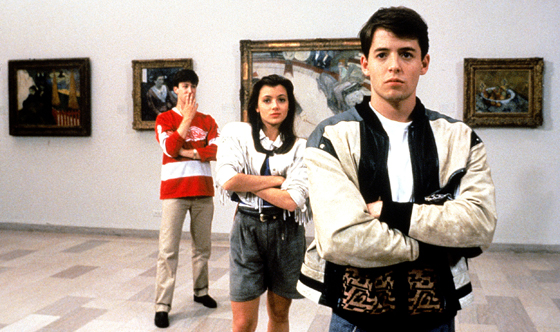
The Volt in Our Stars
It may seem redundant to describe The Amazing Spider-Man 2 as ‘amazing’, and yet here we are. Where director Sam Raimi fundamentally failed, the aptly-named Mark Webb (500 Days of Summer) skilfully conducts an aptly-titled superhero sequel, weaving an intricate narrative web of high-voltage villains and sentimental undercurrents which don’t succumb to the same plot overload that short-circuited Spider-Man 3.
Where Raimi’s second instalment showcased a burdened Peter Parker (played by Tobey ‘Marmite’ Maguire) struggling to balance his dual identity, Webb’s follow up shows the wisecracking Webhead (Andrew Garfield) fully embracing his world of masked vigilantism. That’s not to say Spidey is completely carefree, and his tenuous on-off relationship with Gwen Stacy (Emma Stone) is pushed to new heights, particularly by the re-introduction of Peter’s childhood friend Harry Osborn (Dane DeHaan). Not to mention the bumbling Max Dillon (Jamie Foxx), an Oscorp employee who is obsessed with the webslinger – a soon-to-be supervillain who suffers a case of crossed wires, in more ways than one.
If the first addition to the galvanised reboot offered anything refreshing, other than Garfield’s acting prowess, it was that Webb can spin achingly authentic and searingly intimate human moments with such believability that it’s hard not to notice an awkward degree of cinematic voyeurism. Of course, this is in large part aided by the magnetic on-and-off-screen partnership of Garfield and Stone, who repeatedly tug at the heartstrings until threadbare. In a film that gravitates around the world of science, it’s wonderful to see so much chemistry between the couple, who effortlessly generate as many sparks as Electro’s voltaic violence.
Naturally, CGI is paramount to any silver screen superhero success, and while the last film drew some criticisms for some not-so-special effects in places, the quality has been massively amplified this time round. Charged with electrified energy, the visuals genuinely crackle and sparkle, and the spectacular, slow-motion sequences are undoubtedly some of the most thrilling blockbuster set-pieces to grace the big screen. Seeing Spidey’s bullet-time reactions as he goes to such lengths to protect each single bystander makes for marvellous viewing, and goes to show why he steals far more hearts than the Man of Steel. Hey, they don’t call him your friendly neighbourhood Spider-Man for nothing.
Although sidestepping the landmine of narrative convolution, there is a small sense of incoherence especially in regards to character development, or the lack thereof. Dillon’s disposition switches like lightning, flashing quickly from unassuming victim to generic antagonist, whilst his transformation is not nearly as emphatic as Alfred Molina’s complex Doc Ock. But despite some minor forgivable flaws, there is little to fault in our stars; this is a shockingly well-executed affair, and these few frayed wires offer minor resistance to an otherwise electric performance.
The fault in our stars is that most fans, particularly our ever-omniscient comic-book fans, know how the film is going to end before it even begins. There is a pervading sense of inevitability throughout, personified quite literally by Denis Leary’s haunting cameos, and the funereal toll of a clock tower is just all too familiar to some. And here we are: like Peter, senses tingling yet powerless to stop what is fated to be. Nevertheless, you can’t help but enjoy every single minute of the ride. Amazing indeed.
9/10


